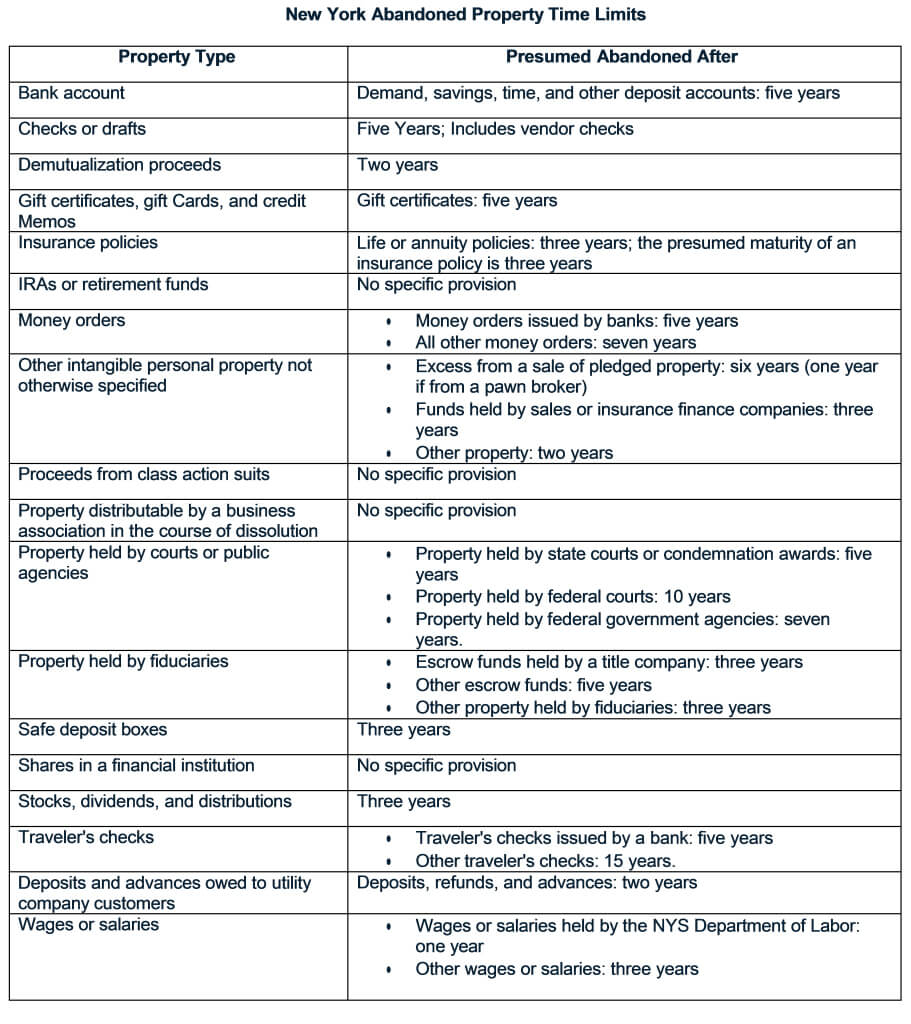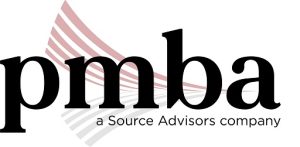Retailers Beware
Although retailers have to deal with the standard unclaimed property items such as refund checks, uncashed vendor payments and uncashed payroll checks, the largest liability usually surrounds gift card liability. Under the New York State APL, New York-based companies must report any balance remaining on a gift card after five years of dormancy with the New York State’s Office of Unclaimed Funds; different industries have specific reporting time-frames. Gift cards fall under general corporations, so the remittance and report date would fall on March 10.
Delaware has a similar APL and the dormancy period for gift certificates is five years. In fact, the dormancy period for most property is five years except for securities (dividends, interest and equity payments) and fiduciaries (escrow accounts, traditional and Roth IRA’s). Property must be reported in electronic format by March 1 using the Form AP-1 (or AP-2 for property with less than 10 owners). Companies are now required to conduct a due diligence mailing in order to contact all holders with securities-related property valued at over $250.
If an address appears on the company’s records, the unclaimed property would be reported there. However, in the event that an owner or an address cannot be found, unclaimed property goes to the state in which the company holding the property is incorporated. This is a major source of income for Delaware because so many corporations are formed there. However, this can become tricky, which is evident by a lawsuit filed by Pennsylvania challenging Delaware’s claim to over $10 million in abandoned property. Pennsylvania is arguing that money orders purchased in Pennsylvania that went uncashed should be remitted to Pennsylvania; however, they were remitted to Delaware because that is where the company is incorporated.




